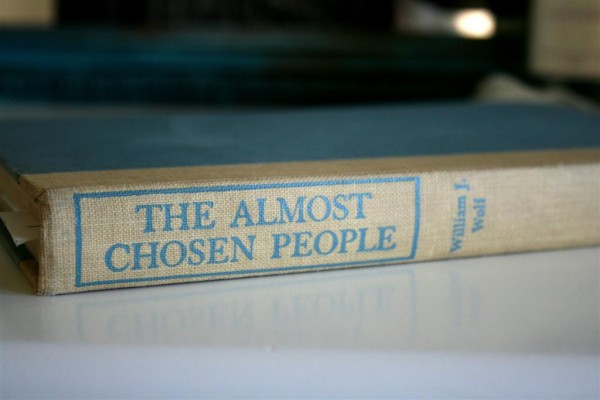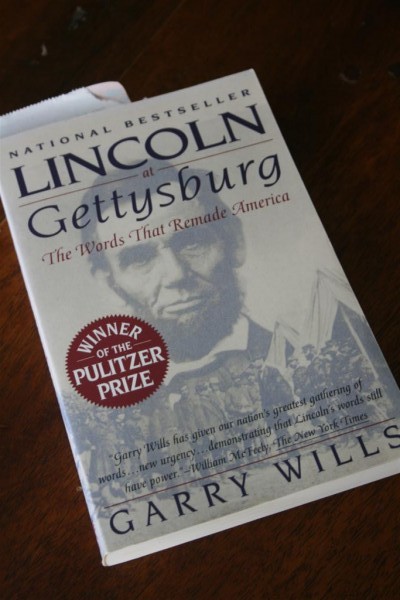Rebuilding

I shared a little here , here and here about trying to change, stay changed, rebuild, dream, discover and rediscover myself. I guess it’s a central theme in my life right now. With the school year over and summer in our laps, it’s been good to examine things a little more closely.
I’ve always dreamed of cutting fresh flowers for my bedroom, so this year I took some peonies to the large vase on my nightstand. A bit of beauty, a reminder to me that dreams come true, that dreams can be small as well as big, and that there is much to admire and be grateful for.

I love this simple piece of artwork ( purchased here ). It’s an integral part of having faith – not just faith that you’ll live through something, but that really awesome things are ahead. Some days I struggle with this, and it’s not uncommon for a very deep breath to accompany my whispered reading of this quote. I was reminded recently of an old favorite quote from Boyd K. Packer, “Find happiness in ordinary things, and keep your sense of humor.” The peony, the vase, the quote, they are evidence of happiness in ordinary things. So healthy for me.

I quit reading a while ago. Aside from my scriptures and an occasional self-help style book, I’ve totally quit reading because I didn’t feel like I had the emotional reserves for it. I couldn’t handle experiencing the highs or lows of another life in addition to my own. Sounds dumb, but it’s true. I have always loved reading biographies, found great solace and inspiration in them. A few weeks ago I picked up a copy of John Quincy Adams and began reading it. So far I’m enjoying it and it feels good to be reading again.
I must have needed some encouragement, because I also picked up my copy of Never Give In , a selection of Winston Churchill’s speeches, and have been reading them as well. There’s so much to glean! He wrote all of his own speeches. One of his private secretaries during the wartime years said “In the case of his great wartime speeches, delivered in the House of Commons or broadcast to the nation, [Churchill] would invest approximately one hour of preparation for every minute of delivery.” His grandson wrote of this, “Thus he would devote thirty hours of dictation, rehearsal and polishing to a half-hour speech. Therein, no doubt, lies the explanation as to how they came to move the hearts of millions in the greatest war of history and why, even to this day, they have such emotive power.” (Never Give In, xxv) What a reminder. There is work to be done in all of our lives, work that isn’t glamorous or fun or easy, but doing it prepares us to face what lies ahead. In his “Finest Hour” speech to the House of Commons on June 18, 1940 (just over 76 years ago now) he said, “Let us therefore brace ourselves to our duties and so bear ourselves that, if the British Empire and its Commonwealth last for a thousand years, men will still say ‘ this was their finest hour!'”
This speech reminded me of a quote from Billy Graham: “Courage is contaigous. When a brave man takes a stand, the spines of others are stiffened.”
Reading biographies, for me, is witnessing brave men and women taking a stand. It stiffens my own spine, reminds me that difficult times are a part of mortality, and helps me “brace myself to my duties.” I feel like I’m gaining a friend and being empowered to become a better me.
Rebuilding. I’m glad to be engaged in it.


